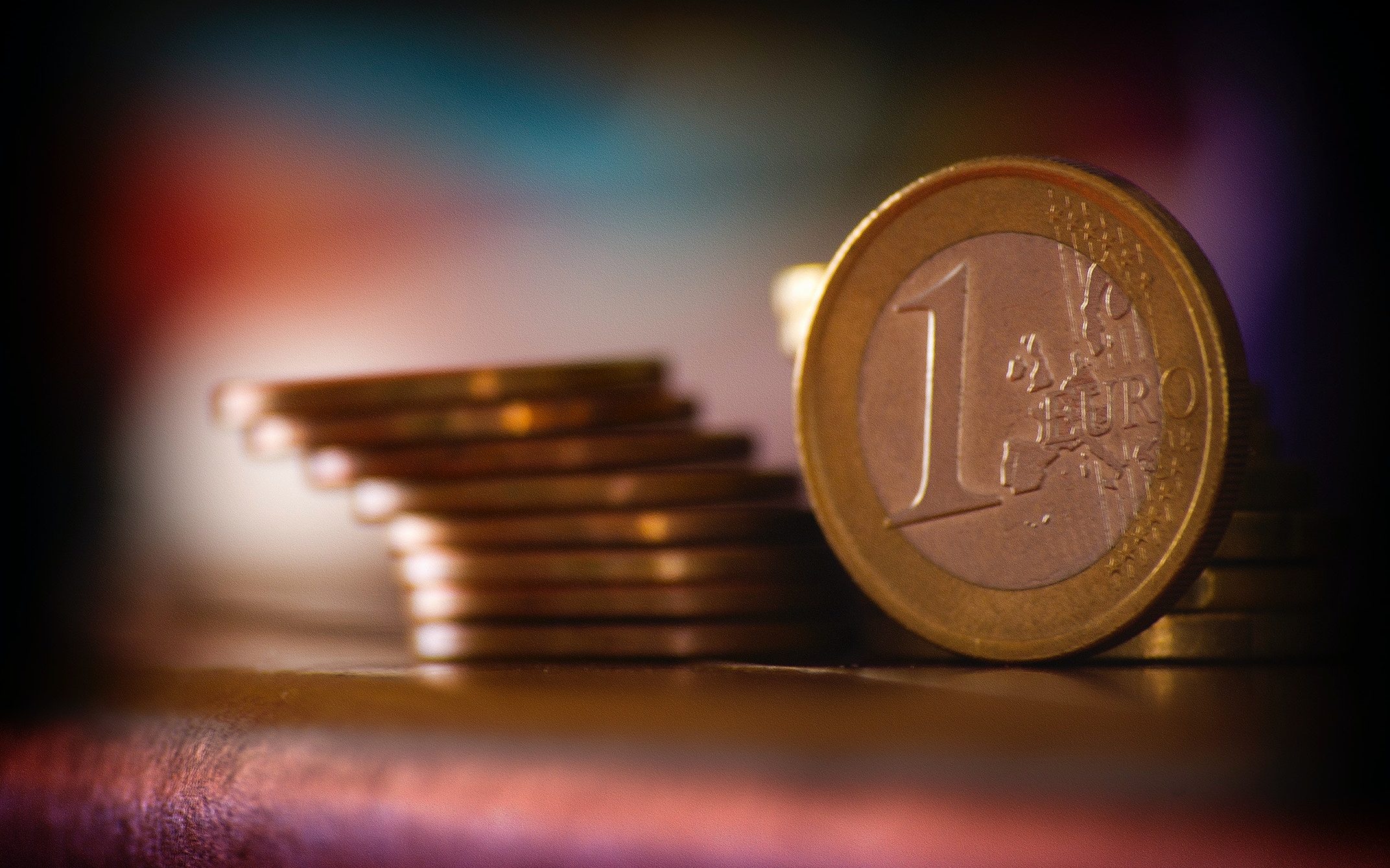
German news. New euro coins to come into circulation. The new euro coin is expected to be in circulation in a few months. Their introduction is being received with mixed feelings.
Beginning 1st January 2023, the new euro coin will be put into circulation. Their introduction is already causing a stir and leaving some wondering if the old euro coins will no longer apply.
On January 1, 2023, Croatia will join the euro area. This means that euro coins minted in this country will become official tender.
The current currency in Croatia is the Croatian kuna – kuna is a Croatian word meaning “kuna” from which the currency is derived.
The National Bank of Croatia earlier this year introduced the euro and euro cent coin set. The design of the national side of the coins reflects the previously agreed motifs:
- 1, 2, 5 euro cent coins collage of Glagolitic letters.
- Coins of 10, 20 and 50 cents a portrait of the famous scientist Nikola Tesla
- 1 euro coin: the image of the kuna (in the national currency of Croatia it is now called the kuna)
- 2 euro coin: map of Croatia
At the same time, the background of all coins is the image of a chessboard, i.e. the coat of arms of Croatia. The letters “HR” stand for the Federal Republic of Croatia which is called “Republika Hrvatska” in Croatian.
Design dispute of the 10, 20 and 50 cent coin: Serbia claims ownership
Serbian authorities protested after Croatia announced that a portrait of the famous scientist Nikola Tesla would be placed on the 10, 20 and 50 euro cent coin. It has been described as the appropriation of the cultural and scientific heritage of the Serbian people. Tesla was born in 1856 to a Serbian family in the village of Smilyan, near the city of Gospic, which was then on the territory of the Austrian Empire. Now this area belongs to Croatia. Tesla’s portraits are also featured on Serbian dinar coins and banknotes.
Also causing confusion, is the image of the marten on the reverse of the 1-euro coin. This due to the fact that marten skins were used as a currency in the Middle Ages. The original design of the national side of the one-euro coin had to be abandoned because the marten on a tree branch it depicted was plagiarized by the famous photograph of British photographer Ian Leach.
Read also: A 2 euro coin worth a fortune. Check if you have this collectable in your wallet
50 euro cent coin worth 170,000 euros. Here’s what sets it apart from the others
Banknotes and coins depicting Queen Elizabeth II to be withdrawn
Source: Focus online
